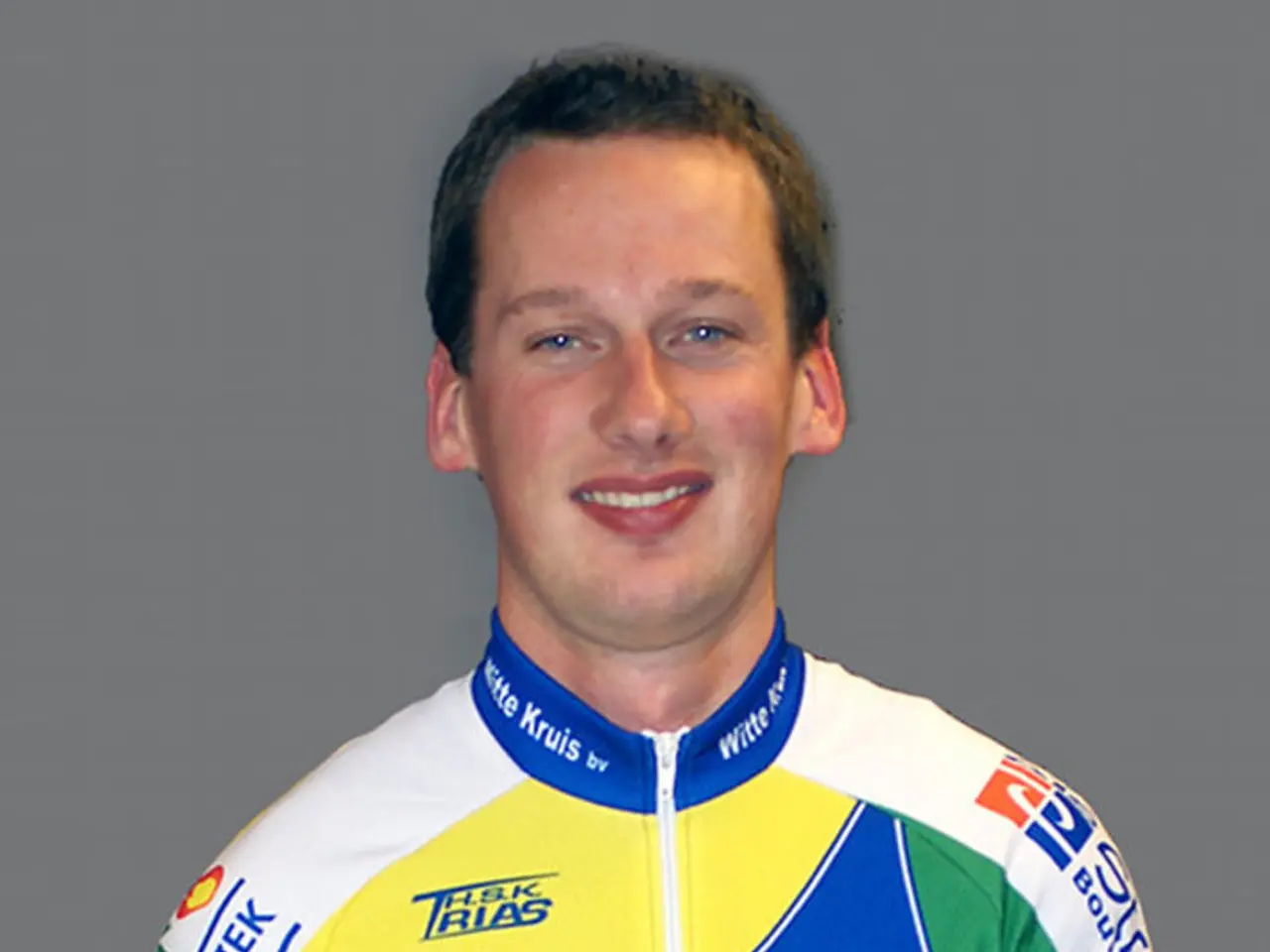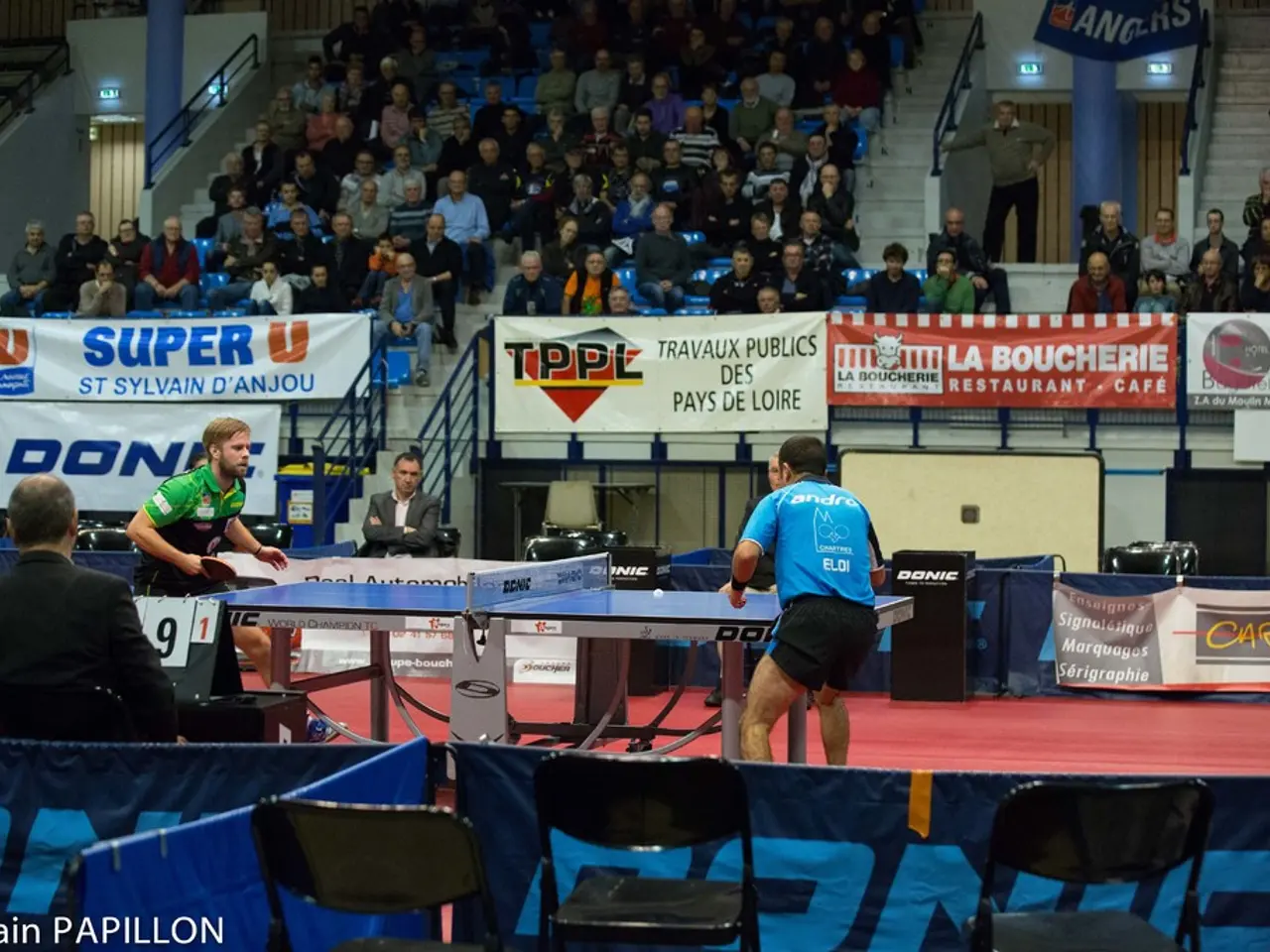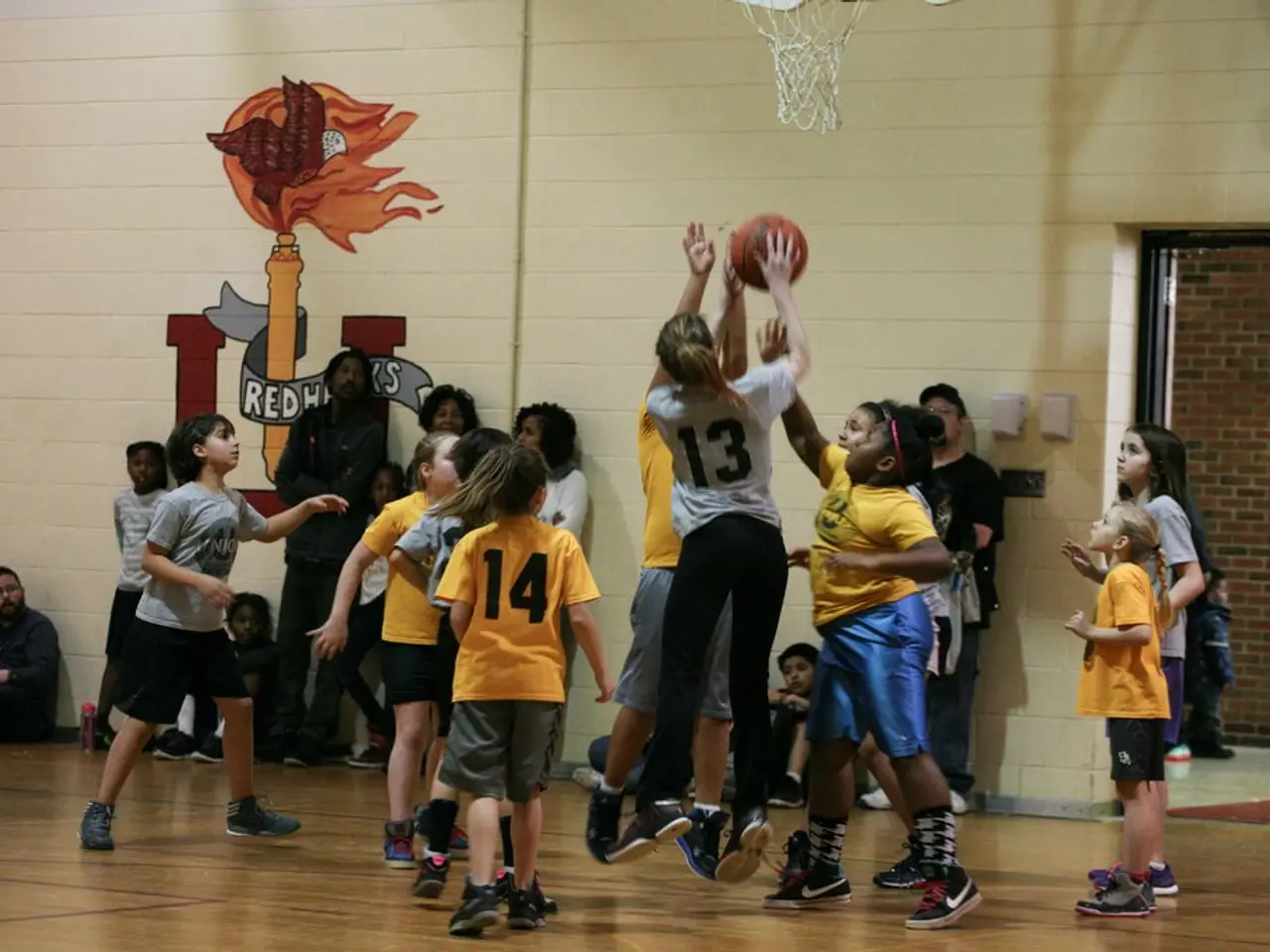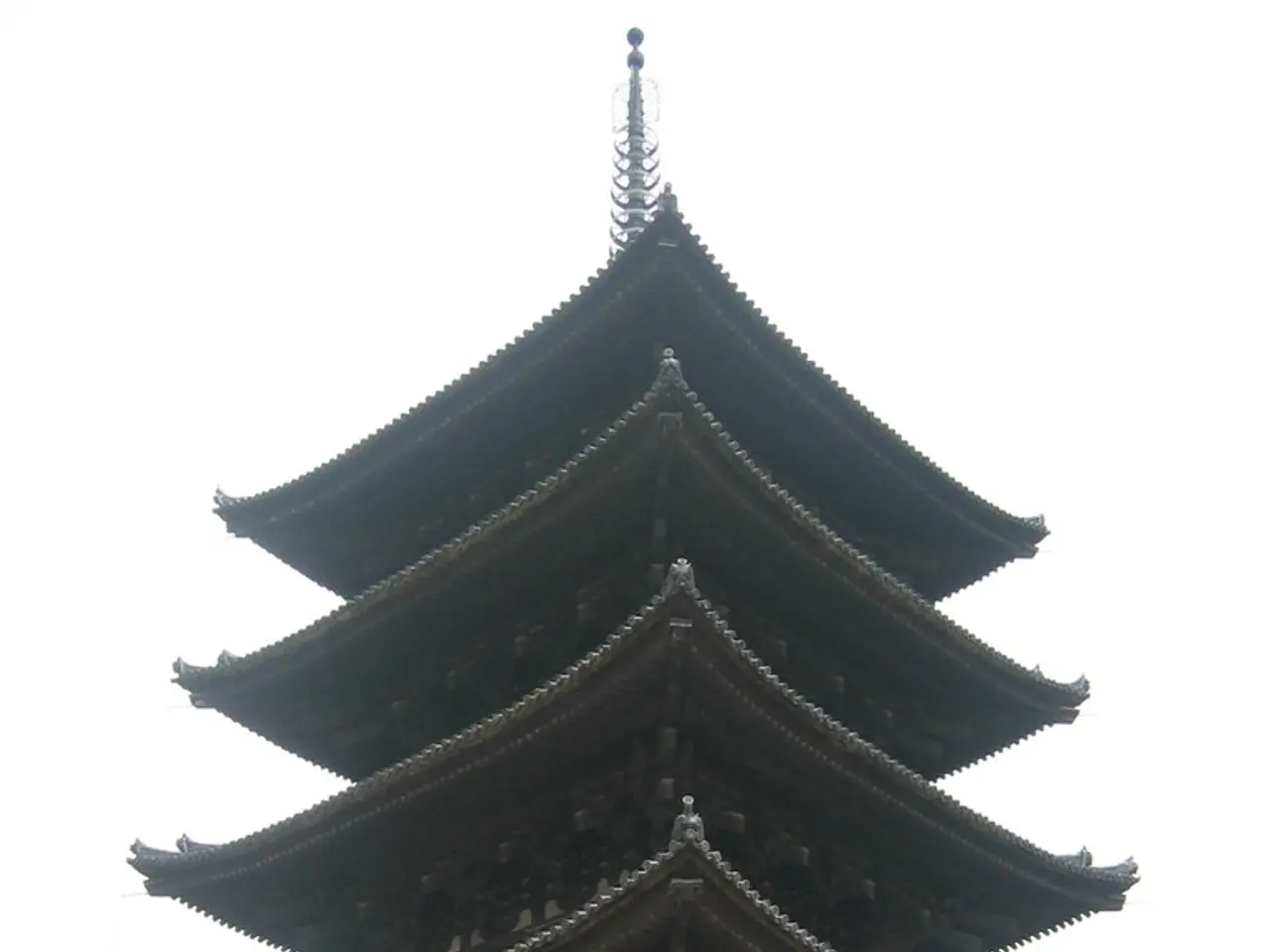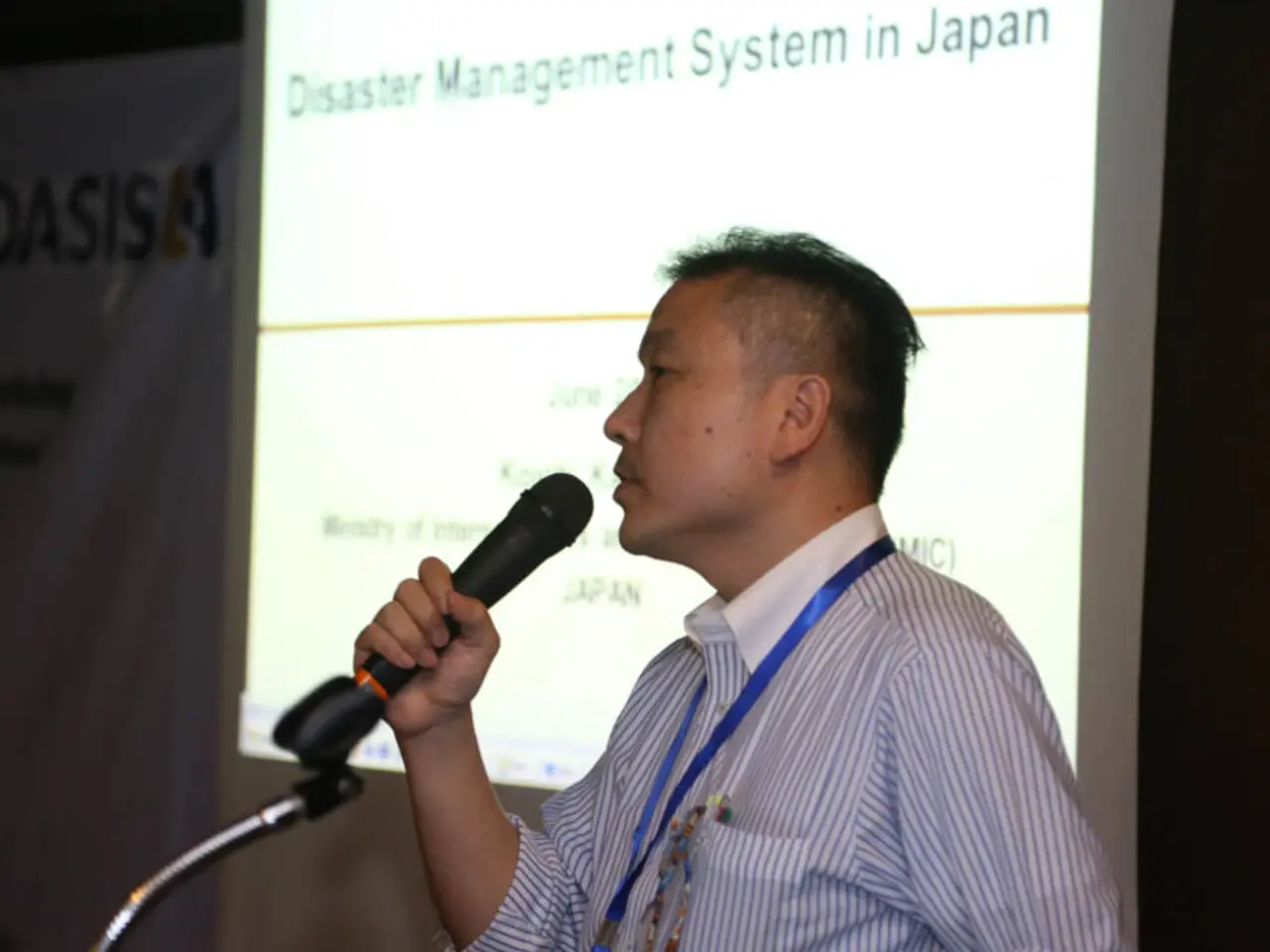Competitor Declines Photographs with Russian Females During World Championships Event
Veronika Andraschuk, a Ukrainian diver, made headlines by snubbing her Russian counterparts at the junior European diving championship held in Greece. Despite finishing third in the 10-meter platform event, Andraschuk flat-out refused to share a photo op with Margarita Kvashnina and Anastasia Chistyakova, the victorious Russians.
Post the awards ceremony, Andraschuk descended the podium and swiftly departed, spurning the organizers' efforts to pull her back. The following incident, at the synchronized 3-meter springboard event, saw Ukrainian duo Ksenia Bokk and Diana Karnauel taking a different approach - they didn't refuse a photo opportunity with their Russian counterparts, but there were organizers standing between the athletes, highlighting the ongoing tension.
This move by Andraschuk signifies a continuing trend by Ukrainian athletes since 2022, who have been refraining from greeting, shaking hands, or posing for joint photos with their Russian counterparts at international competitions as a symbolic show of protest and solidarity in response to the Russian invasion of Ukraine.
The athletes' stance mirrors the wider Ukrainian resistance to normalizing relations with Russian representatives in sports, given the ongoing conflict and political tensions between the two countries. This resistance aligns with Ukraine's withdrawal from certain competitions where Russian and Belarusian athletes were allowed to compete, such as the 2023 World Junior Judo Championships[2].
Controversies around the re-admittance of Russian athletes and officials to international competitions have also fueled this resistance. The return of the Russian Gymnastics Federation to international competitions in 2025, for instance, was met with mixed reactions and remains a sensitive topic[3].
Pressure faced by international sports bodies for allowing Russian athletes to compete despite the invasion has further inflamed the issue. Figures like Thomas Bach, the president of the International Olympic Committee, have been under considerable scrutiny to permit Russian athletes' participation while accounting for sanctions due to the war[4].
In brief, Ukrainian athletes' refusal to pose with their Russian counterparts stands as a powerful symbol against the Russian invasion and the efforts to reintegrate Russian competitors into global sports events without resolving the conflict or holding the involved parties accountable. This stance represents a national display of solidarity and moral opposition within the international sporting arena since 2022.
- In the world of sports-betting, it's intriguing to see the impact of geopolitical tensions on the outcomes of events, such as the ongoing refusal by Ukrainian athletes to engage with their Russian counterparts.
- Despite their passion for sports like football, basketball, hockey, golf, and tennis, Ukrainian players in mixed-martial-arts have also been consistent in their gesture of solidarity, emulating Veronika Andraschuk's action at the junior European diving championship.
- The ongoing boycott by Ukrainian athletes at international sporting events, including competitions in sports like racing and synchronized diving, provides a stark contrast to the usual camaraderie showcased during photo opportunities.
- The Sports-Analysis community has been closely following this development, examining its impact on not just the athletes and their performances, but also on the broader geopolitical implications.
- This move by Ukrainian athletes could potentially spark a trend in other countries with political conflicts, using sports-betting and other sporting platforms to voice their stand against perceived injustices.
- In the midst of these athletic standoffs, the International Olympic Committee and other sports governing bodies grapple with the dilemma of promoting sportsmanship and unity while navigating the complexities of international politics and diplomacy.
